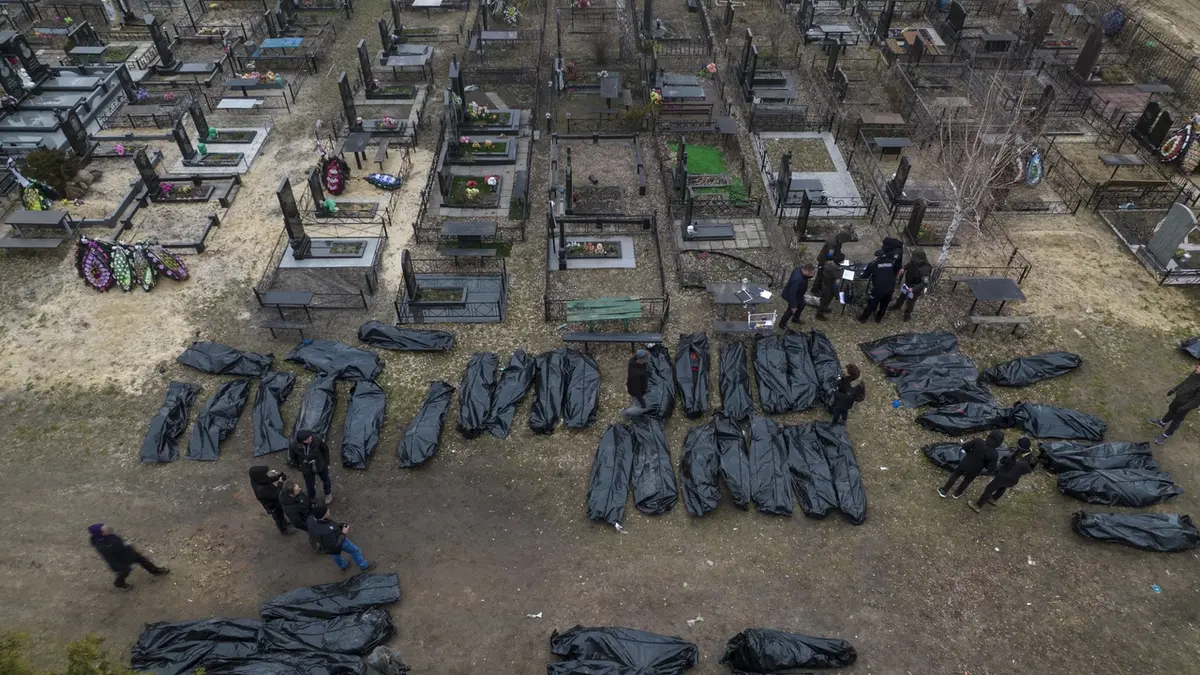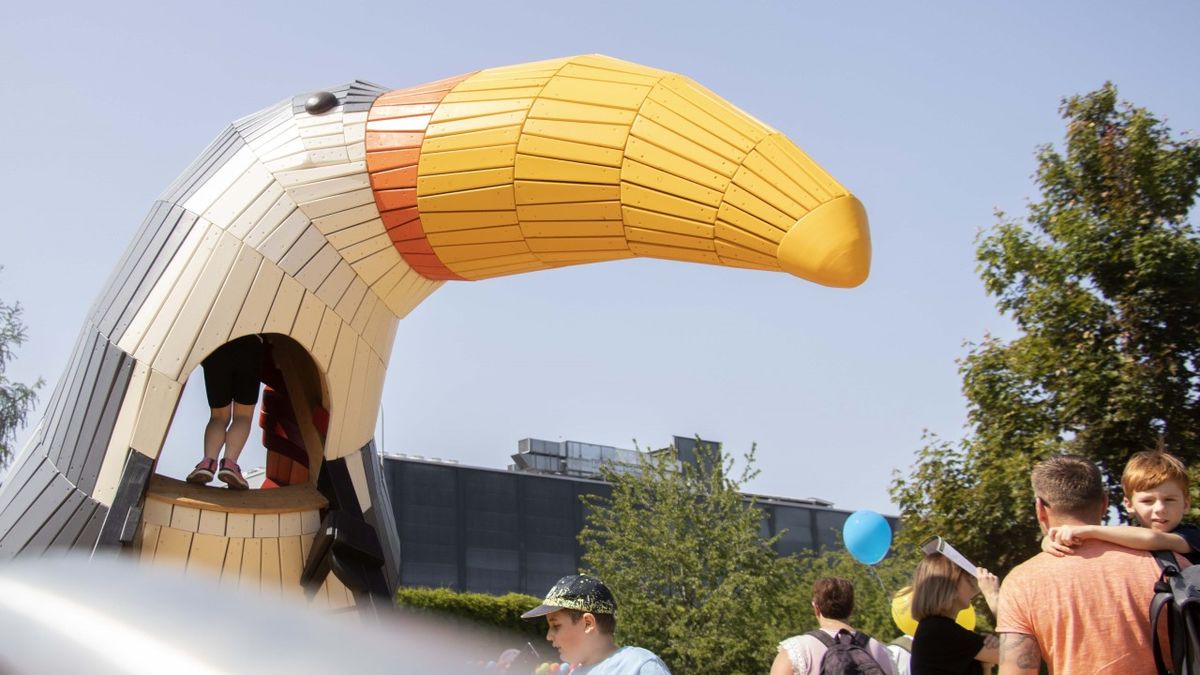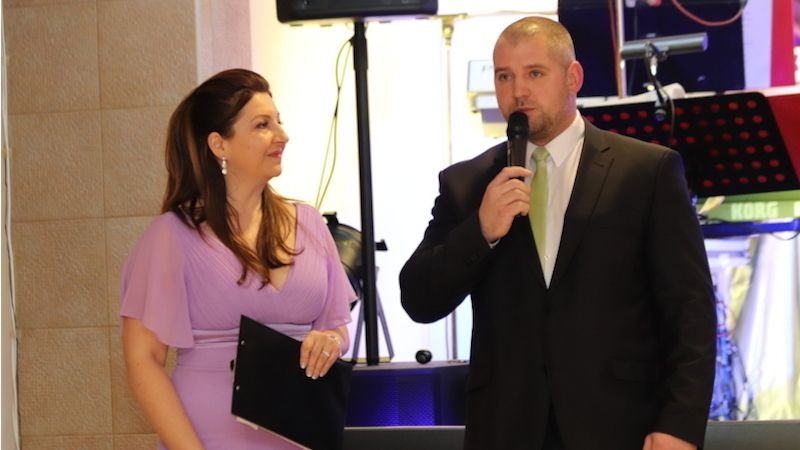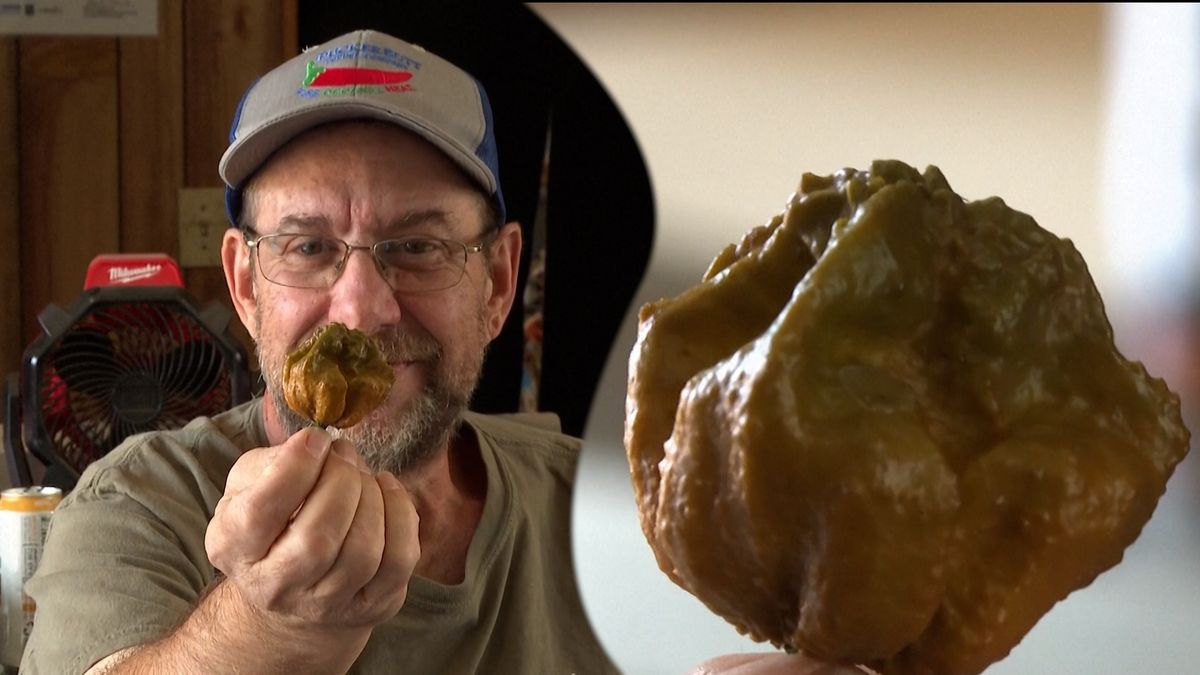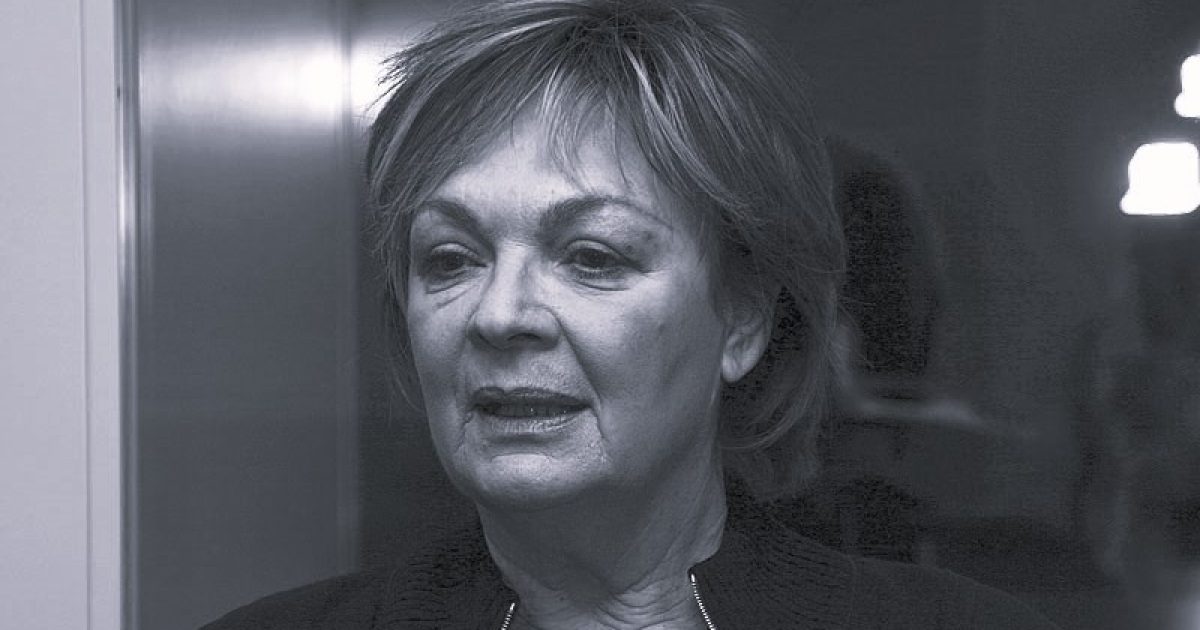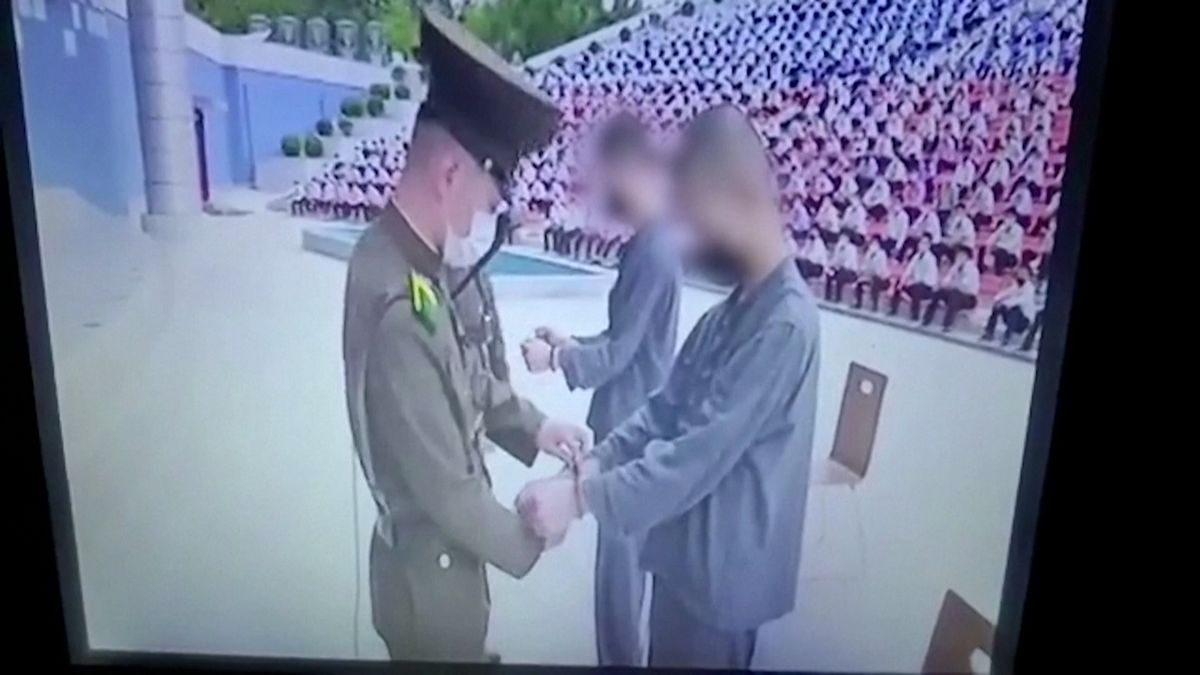Did the massacres in Buč and other cities have anything in common in the Russian war?
Unfortunately, yes, although not to the extent of cruelty in Buč. Similar crimes occurred during the two wars in Chechnya in the 1990s. We know that during the winter wars of 1939 and 1940, Russian invading groups penetrated the front lines and terrorized Finnish villagers. During World War II, during the conquest of Nazi Germany, soldiers were also called upon by their commanders to avenge the occupation of the Soviet Union.
As far as we know, this did not happen in Afghanistan in the 1980s, not even a few years ago in Syria. Nor was it documented in Hungary (1956) or Czechoslovakia (1968).
How has Russia fought in the last hundred years?
Russia was successful in the defensive war. If attacked in World War II, it is possible to defend itself very hard at the expense of great self-sacrifice of soldiers and civilians. Of course, this was due to the geographical location and the fact that it was a very large area that was difficult to occupy.
In a war where he is the aggressor, he wins very quickly if he takes advantage of the moment of surprise and massive dominance at the start. For the most part, this is not war, but rather military intervention. For example in the Baltics and Bessarabia in 1940, in Hungary, in the Czechoslovak Socialist Republic.
However once allowed to engage in foreign territory that dragged on for more than a few days, it usually ended in heavy losses, disasters, and defeats. Such defeats were, for example, Finland, Afghanistan and now Ukraine.
With his invasion, Putin intended to unify the historical regions of Russia, but he achieved the opposite
From the period of the Russian Federation, does Russia have a balance?
There is no Russian aggression in Syria, Russia has only come to support one of the warring parties, the Syrian government, which controls Damascus. They were successful militarily, but that was because it was just support.
They also managed to surprise the tiny nation of Georgia with their attack in 2008, so they were as successful as ever in the Baltic. But they also did not try to occupy all of Georgia, but mainly only the ports and areas in the north of the country, Abkhazia and South Ossetia, where they could count on the support of the local population. This is only a small area.
Can any of these conflicts compare to the current war in Ukraine?
Each war is very unique and therefore comparisons are usually very difficult. But it is interesting that in the case of Ukraine we can see some parallels to the winter war with Finland.
Moscow’s motivations for attacking are very similar. Like Ukraine, the Soviets viewed Finland as a historical territory of Russia, because before 1918 it was part of the Russian Empire. They have ambitions to occupy the entire territory, not just settle border disputes that don’t even exist.
And, as in the case of Ukraine, the much weaker Finnish army was unexpectedly stopped just outside the border, where an all-powerful Russian offensive began to penetrate Finland’s stubborn defences. The Finns don’t let them go any deeper into the interior. After a few weeks, they even started to counterattack and encircle the enemy.
The Soviets suffered completely disproportionate losses and the war began to become unsuccessful for the Soviets. As today, Russia began to pretend to be victorious in its public eye, changing its war goals. At first, they wanted to occupy all of Finland, even in Leningrad, a pro-Soviet Finnish government had been established, which they wanted to occupy in Helsinki. He had signed a treaty with the Soviet Union on friendship and cooperation. But this would have been forgotten a few weeks later, for it was clear that this government would never be installed in Helsinki.
Yanukovych said to be ready for Ukraine…
Yes, there are more similarities. In the case of Ukraine, Putin initially put forward the idea that his main goal was the denazification and demilitarization of Ukraine, and it was clear that he meant a change of government in Kiev. By the way, with his invasion, Putin intended to unite the historic territory of Russia, but it can be argued that this completed the emancipation of the Ukrainian nation, which would be severely restricted from Russia in the coming decades. He achieved the opposite of what he wanted.
And now that it turns out that the Russian army will no longer be entering Kiev, they come up with the idea that demilitarization only means weakening the Ukrainian army. They will now claim that denazification and demilitarization has taken place, that the Ukrainian army has been severely weakened during the fighting. As for the denazifications, they were mainly concerned with the liquidation of the Azov battalion in Mariupol. When they destroy it, they will openly pretend to fulfill another purpose.
Moscow seemed content with a few small territorial gains, which Russian leaders and propagandists would later claim to be major victories.
The peace was not very favorable for Finland, which was defending itself from usurpers. Reconciliation for Ukraine may not work at all?
That’s right, both sides were defeated. But we cannot conclude from the analogy with the Winter War that everything will happen the same way. Russia suffered heavy losses, including military prestige, which was particularly troubling when World War II began. They did not achieve their goal. Finland lost a tenth of its territory and the second largest city of Vyborg.
Something similar might happen in Ukraine that it should trade peace for territory, although President Zelensky said no. It will hardly change anything that Russia will continue to control Crimea and the territories of the Donetsk and Luhansk People’s Republics.
However, in the case of Finland, the army was also exhausted, while the Ukrainian army was still acting nimbly.
I can’t judge how the Ukrainian army is doing now, because I have the same information as everyone else, the media. We can only conclude. But I think it should also be a big burden for him, so there will be interest in Ukraine to make a compromise.
But the second thing is that Ukraine is defending so well that they have no reason to make broad compromises. Suddenly, Russia appears to be the weaker player in the peace talks, so may have to back off more. But of course Ukraine will not push so much to restore its sovereignty in full that Crimea will return to their hands.
Is it the fact that civilians die every day because of the Ukrainian concessions?
That’s why Russia bombed when Blitzkrieg went bankrupt. They thought that all of Ukraine would be occupied, some of the population would even support them. However, after a few days, it turned out not to be the case.
Historian Rychlík Práva describes that when the Russian ruler achieved victory, his position of power at home would strengthen and tighten the screws…
Yes, this was the case of Stalin in 1945.
Conversely, if it fails, the electricity will disperse. But with Russian propaganda, Putin can always bring victory, right?
Of course, but it is a question of how long the Russian public will believe it, even in the context of the major economic problems that will now arise in Russia as a result of the sanctions. Putin and his propaganda will pass any deal, or perhaps even the preservation of a state, as a major victory. But the people themselves will feel the economic impact. Everyone will be exposed to them.
But Putin’s power is extraordinary. Who is in a position like him?
He was no match for Stalin. It is not a dictatorship as such, and the degree of repression is much less. But since Stalin’s time, he has been Russia’s greatest dictator. Stalin was followed by a collective leadership, in which Khrushchev and Brezhnev were not dictators. Only now is Putin returning to the autocracy.
Could someone worse come for Putin?
It cannot be ruled out. After the fall of the authoritarian regime in 1917, there was a period of chaos and struggle over who would take power. So, for the most part, there was a period of instability than any other dictator, even stronger. The attempt, for example, Alexander Vasilyevich Kolchak wanted to become the ruler of all Russia after the Tsar, but failed. It cannot be ruled out that something like this can happen, but I prefer the Russian regime to return to collective leadership without changing it substantially.

“Unapologetic social media guru. General reader. Incurable pop culture specialist.”

